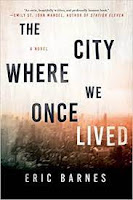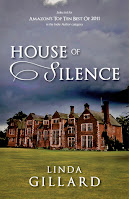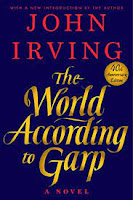The City Where We Once Lived by Eric Barnes
The City Where We Once Lived
House of Silence
House of Silence by Linda Gillard
The World According To Garp / The Year of Magical Thinking
The World According to Garp by John Irving
Confessions of a Bookseller and Brave New World
Confessions of a Bookseller by Shaun Bythell
Oh how I hated to come to the end of this book. About half way through I mentally moved into the little cottage out back and I'm not yet ready to leave it or this bookshop or this town. I'll remember it as one of the best vacations I've never had.
The book is a year's worth of journal entries from the owner of The Bookshop in Wigtown, Scotland's National Book Town. The author has a dry sense of humour, a wonderful way with words, and a bookshop with 100,000 books organized in 9 different rooms. I want to be there.
His wry observations on everything from his cat, Captain, to his parents, his staff, and the many quirky people who frequent his shop, are funny and but eye-opening, too. He writes about the difficulties with humour but it's clear that running a bookshop now, against all the online competition, is not for the faint-hearted.
I loved the writing, the people, the stories, and the literary references. Book nerds, you will eat it up.
Update: I re-read this (June/24) and feel the same way about now as I did then. It's incredibly entertaining, and inviting. He draws such a warm, comfortable picture of his home and workplace that it's sad to close the cover and leave. Excellent reading.
Brave New World by Aldous Huxley









